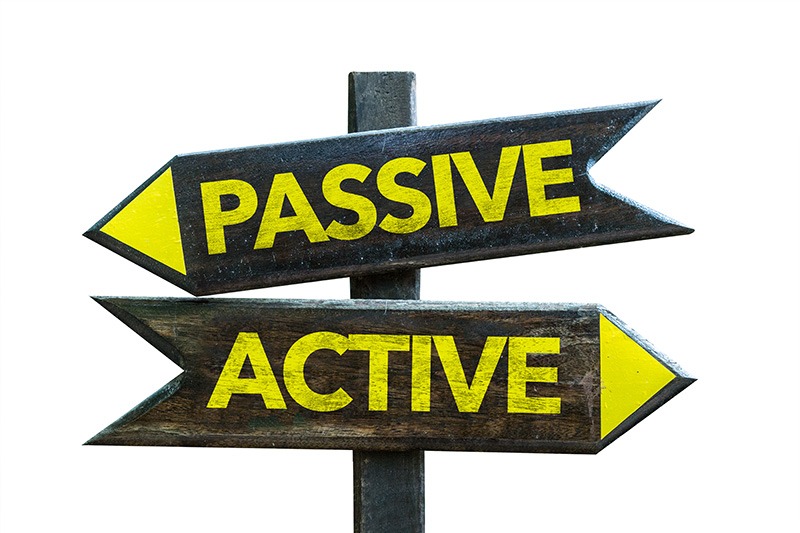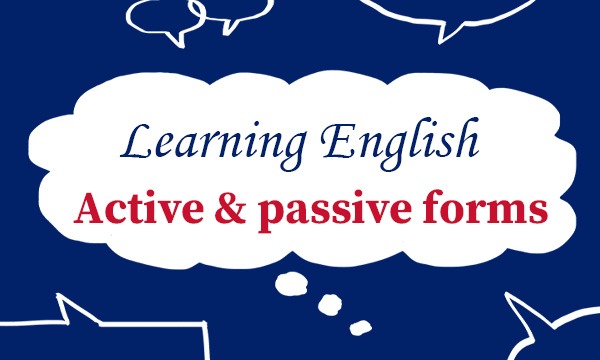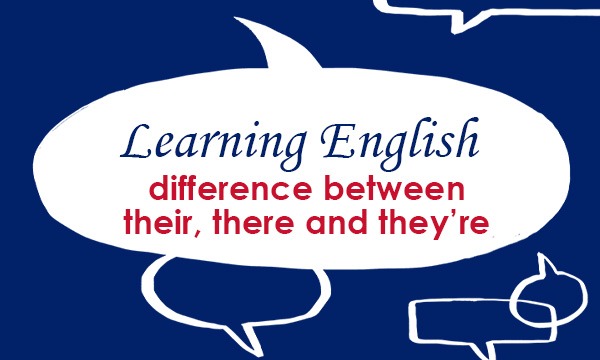
Active
We use an active sentence when the subject of the verb is doing the action. The active is used in most English speech and writing, because we usually want to inform our listener or our reader who or what carried out the action of the verb. In the following example, the verb is active:
The courier delivers hundreds of parcels every day.
The subject of an active sentence is also the person or thing that carries out the action.
He hid the money under the bed.
The car knocked over a pedestrian.
I’m sending the book by express delivery.
Passive
The subject in a passive sentence is NOT the person or thing that does the action of the verb. It is the person or thing that is acted on by the verb. In the following example, the verb is in the passive:
Hundreds of parcels are delivered every day.
The injured man was helped by a passer-by.
The man was being questioned by the police.
The patient was operated on by a team of five surgeons.
The passive is made with the appropriate form of be + the past participle of the main verb.
For further information on English Grammar, visit: https://grammar.collinsdictionary.com/easy-learning
Come back for other blogs on using English in everyday situations:
https://blog.collinsdictionary.com/language-learners/learning-english
All opinions expressed on this blog are those of the individual writers, and do not necessarily reflect the opinions or policies of Collins, or its parent company, HarperCollins.



